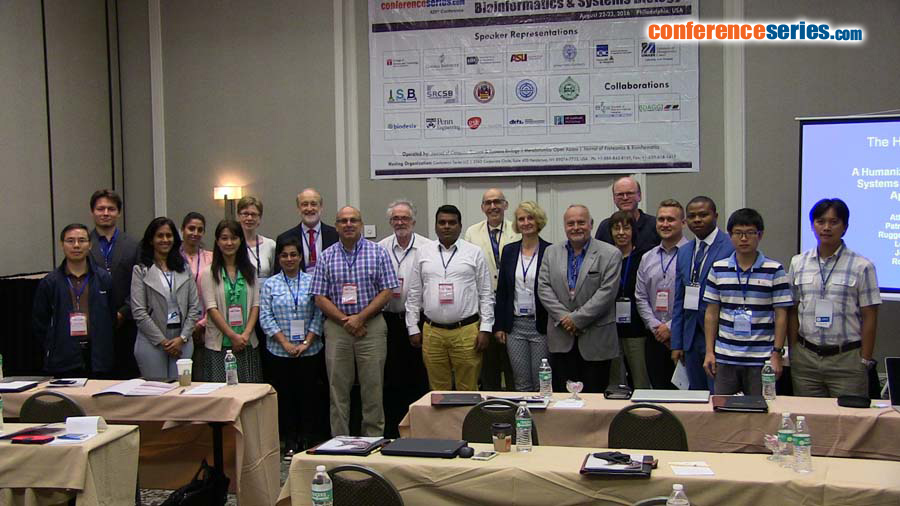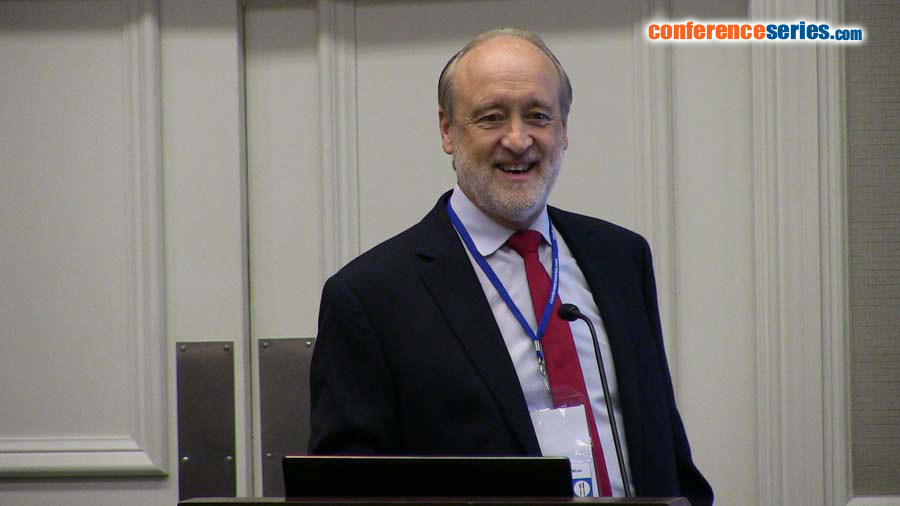
Robert Clarke
Georgetown University Medical Center, USA
Title: Resistance to endocrine therapy in breast cancer: a systems biology approach
Biography
Biography: Robert Clarke
Abstract
70% of breast cancers express the estrogen receptor-alpha (ER; ESR1) transcription factor. Of these, ~50% will respond to drugs that block ER action (e.g., antiestrogens: Tamoxifen, Fulvestrant; aromatase inhibitors: Letrozole). While these interventions decrease the risk of recurrence and death, many ER+ breast cancers eventually fail to respond and recur. Recurrent metastatic breast cancer remains largely incurable. We apply a systems biology approach to explore endocrinernresponsiveness and the acquisition of resistance to therapies that target ER function. We use computational and mathematical modeling to integrate multi-omics data from human breast cancer specimens, animal models, and cell lines. Our current multiscale models implicate a complex network of signaling that is driven by ER action to perturb the transcriptome, proteome, and metabolome in a coordinated manner to regulate a series of critical cellular functions. Central to this regulation is the sensing of changes in glucose and energy production by the glucose regulated proteins (GRPs) and AMPK that occur following blockade of ER-mediated signaling. Reduction in glucose influx activates GRP78 that, in turn, induces the unfolded protein response (UPR). In an apparently redundant manner, lower production of ATP from glucose activates AMPK signaling in a manner that is also affected by GRP78. UPR activation leads to XBP1 splicing, upregulation ofrnprosurvival BCL2 family members, and the regulation of autophagy through interactions with BECN1 (beclin-1). mTOR/AMPK signaling also redundantly activates autophagy. Cells exhibit a resistant phenotype by recovering metabolic homeostasis through autophagy and likely also by scavenging extracellular nutrients from the tumor microenvironment.



